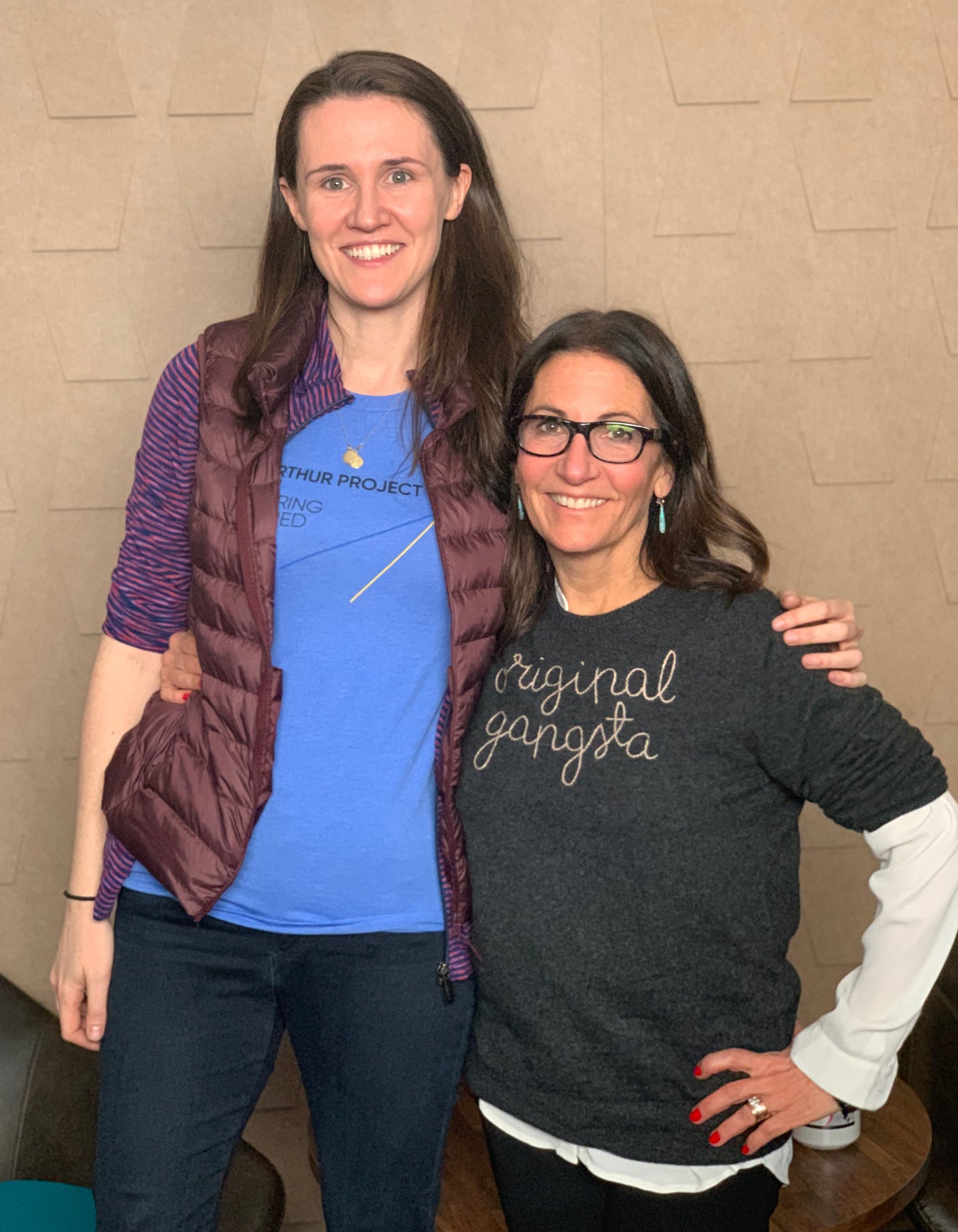Diary / Lifestyle / Sep 26, 2022
Author Liz Murray on Facing Adversity and Staying Positive
Written by: Bobbi

Liz Murray has an incredible story. She didn’t have an easy upbringing growing up in the Bronx in the early 80s. She grew up in poverty and her parents were addicted to drugs. Her bestselling book, Breaking Night: A Memoir of Forgiveness, Survival, and My Journey from Homeless to Harvard, about how she was living on the streets and managed to apply to and get into Harvard. She even won a scholarship to pay for her education. She has been on an incredible journey. Listen to the full episode here.
On staying positive in the face of adversity...
I think there is a lot to be said about the way we interpret obstacles in people's life. I work with youth and I’m sitting in the middle of many conversations about youth. What I find is whether I’m with funders, volunteers, or the general public, when we speak about adversity in the life of a child, we tend to conflate that adversity with that child’s identity. They aren’t living in an at-risk situation, they are at-risk. We start to make it who they are. The good and the bad happen side by side.
People can’t give you what they don’t have. My mother was very loving. When I walked in the room and my mother looked at me, her eyes would light up. My dad exposed me to reading, he took me to the library every Saturday morning. You add all of this up in the sense of relationship and love, we didn’t have money, we didn’t have much, but we had each other.
On the conversation of survival...
When we think about long term impact on people, it is powerful to grow up in a household where you hear conversations like: what are we eating today? Are we eating today? Can we pay the electricity bill? I believe people will grow into the conversations you create around them.
It’s very powerful how you speak about expectations. And it doesn’t just go to your head, it goes to a marriage of your head and your heart. It affects you on the level of belief. I grew up in a conversation of survival. Everything was seen through that framework, you don’t plan for the future, you expect to get through the right now.

On what she learned from her parents…
No matter where a kid is growing up, they have culture they have skills. Where I grew up, I learned a lot of unconventional things and very useful things from my dad and my mom. Someone asked me, how did you know how to apply to Harvard? And I’ll go, “My parents taught me what I needed to know. And they will say, “What are you talking about? They were high on drugs and dying of aids?” And I’ll tell you. I learned what people now call grit through my mother. She grew up on the streets, no one could tell her no. And my dad taught me how to look around things. He taught me to look for things where no one else looks for them.
On gratitude...
There comes a point in our lives where we would be so much better off if we stopped counting all the things we don’t have and if we choose to be grateful for the things we do have. And I don’t me gratitude like a slogan.
I am really practical and simple. My friend Travis taught me that gratitude is nothing more than realizing that every single thing you have you could just as easily not have. When you get that as a felt sense, you will forgive differently. You will solve problems differently. When you come from that place, it is not only the most generative place of living and a sense of possibility, but I promise you will be a more loving person by every measure.













































 Miracle Balm
Miracle Balm
 Just Enough Tinted Moisturizer
Just Enough Tinted Moisturizer
 What The Foundation
What The Foundation


